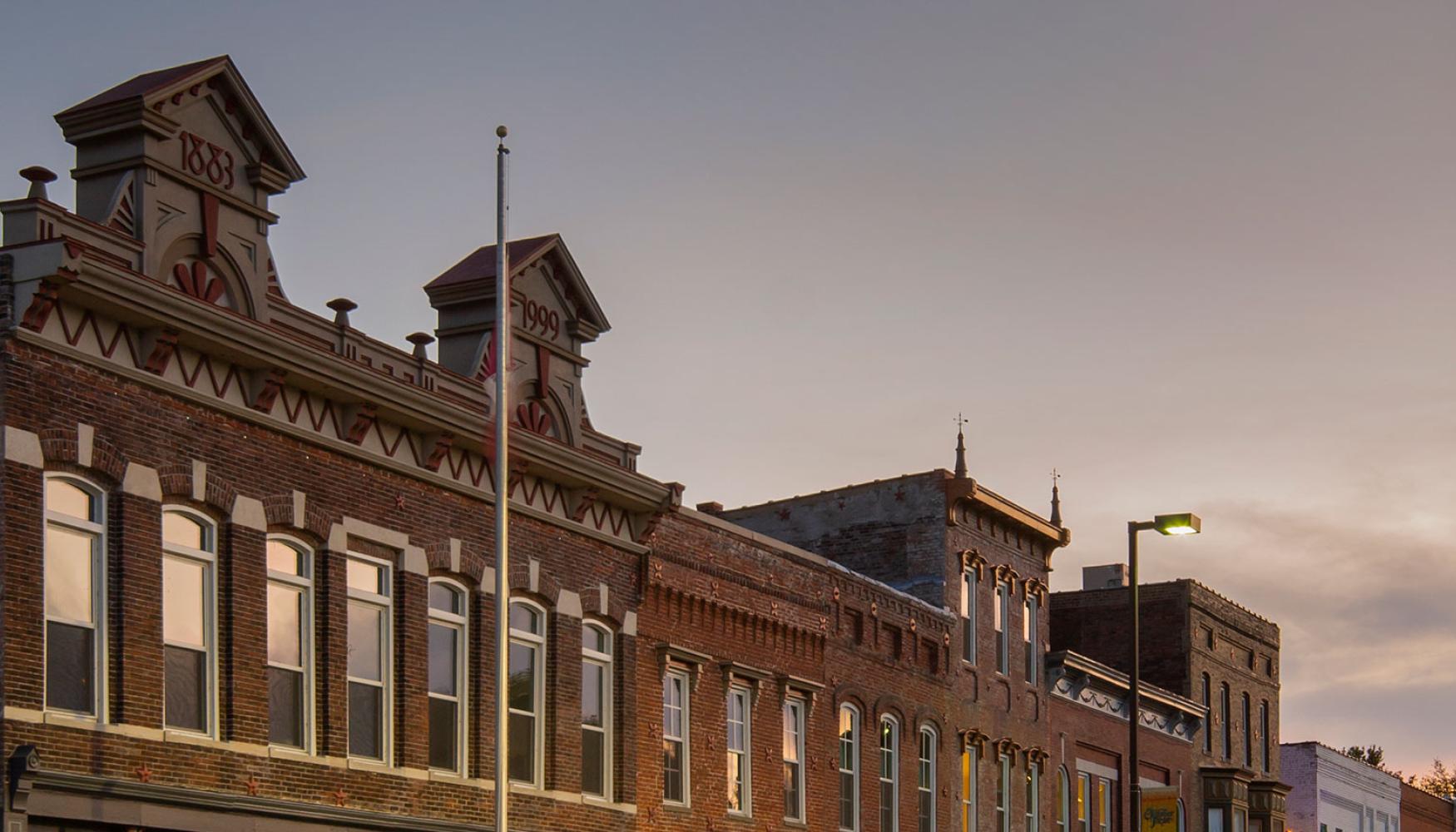Contact
What is the Compost Facility?
The City of Paducah Compost Facility accepts brush, leaves, and yard debris from Paducah and McCracken County residents. This service is free to Paducah city residents. County residents and contractors working within the city limits will be charged according to the fee schedule below. Contractors will only be allowed to dispose of debris removed from within the city limits of Paducah. Contractors working inside the Paducah city limits who drop off debris will need to have the name of resident and address of the location from where the yard debris has been collected.
| Hours and Location |
1560 North 8th Street, Paducah |
| Disposal Fees (for commercial organizations and non-city residents) |
Pick-Up Truck and Small Trailer (< 8 feet): $5.00 |
| Products for Purchase |
Premium Compost and Leaf Compost: $30.00 a bucket (call for availability, 270-444-8511) |
Christmas Tree Recycling
Residents wishing to dispose of live Christmas trees may place trees curbside (not in the alleys) with all lights, garland, ornaments, and the tree stand/base removed for collection by Public Works crews during their routine brush and yard waste collection. Trees may also be dropped off at the Compost Facility located at 1560 North 8th Street during regular operating hours.
Frequently Asked Questions
- How does the Compost Facility contribute to recycling efforts?
-
Paducah is known across Kentucky for its compost recycling efforts. Through this operation, the City of Paducah is reducing the waste stream by over 23%. This diversion occurs from the yard waste as well as the biosolids from the wastewater treatment process. The Compost Facility keeps brush, limbs, leaves, grass clippings, and sludge from entering a landfill. The facility was created to reduce disposal costs by preventing tons of brush and other organic matter in addition to wastewater sludge from entering a landfill. The City of Paducah pays for each ton of material that is taken to a landfill or hauled off for recycling. Using numbers from 2015 - the Facility turned 20,161 tons of brush, leaves, and other debris and 6861 tons of wastewater sludge into compost which saved nearly $1.2 million in disposal fees. Impressive recycling numbers! Visit Recycling to learn more about recycling in the City of Paducah.
- How did the Compost Facility get started?
-
The Compost Facility is a local service initiated in the mid-1990s by the City of Paducah Solid Waste Division in cooperation with the former City of Paducah Wastewater Treatment Division. This is before the creation of the Joint Sewer Agency (JSA). Former employees, Wastewater Plant Superintendent Kevin Murphy, and Solid Waste Superintendent Sarah Phillips worked together to create the facility.
- How does it operate?
-
The bulk, organic yard waste is collected around the city and ground into a mulch-like substance. Then, the waste product from the wastewater treatment plant, known as sludge, which has the appropriate biological properties is mixed with the ground-up organic waste. After the sludge and mulch are mixed together, they “cook” outside in compost rows for 30 to 45 days maintaining a constant core temperature of 135 to 145 degrees. Periodically, a large piece of equipment (a scarab) which looks like a gigantic rototiller is used to agitate the compost rows. The time it takes for the compost to “cook” varies depending upon the weather and moisture content. The decomposition process creates a significant amount of heat which means the employees monitor the temperatures and watch to prevent spontaneous combustion.
- Is the product safe to use in gardens and flowerbeds?
-
Yes, the product is safe to use in gardens and flowerbeds. We use it across the City in the parks. It may have an initial odor, but it quickly dissipates. Compost holds up to 6 times its own weight in water. Soil with a healthy amount of organic matter soaks up water like a sponge and regulates the water supply to the plants. Soil with a poor amount of organic matter resists water penetration, leading to crusting, erosion, and flooding.
- Is the compost tested?
-
The product is tested every two months for items such as fecal coliform bacteria, pH, and heavy metals such as mercury, selenium, lead, and copper.
